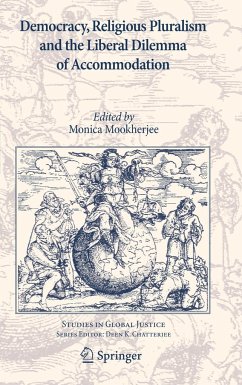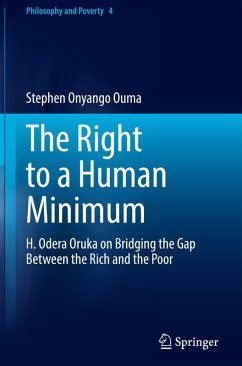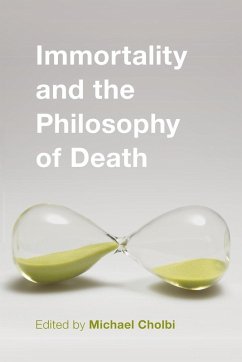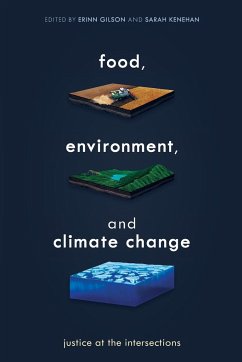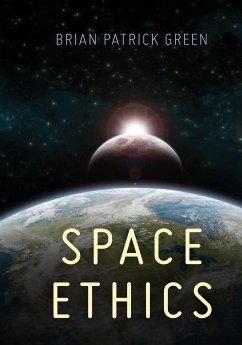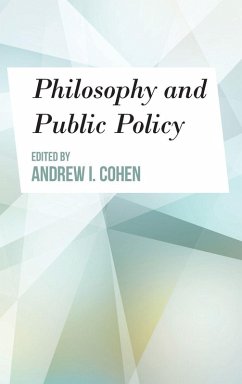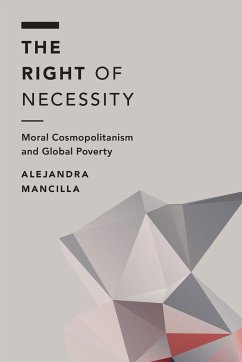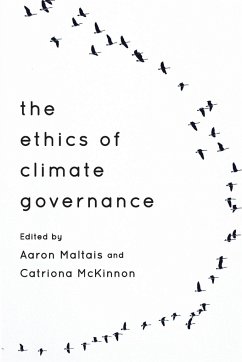Krushil Watene is Lecturer in Philosophy at Massey University, New Zealand. She is of Ngati Manu, Te Hikutu, Ngati Whatua Orakei, and Tongan descent. Jay Drydyk is Professor of Philosophy at Carleton University, a former President of the International Development Ethics Association, and a Fellow of the Human Development and Capability Association. He is the co-author of Displacement by Development. Contributors: Tim Mulgan, Professor of Philosophy, University of Auckland, New Zealand, and University of St Andrews, UK; Colleen Murphy, Associate Professor of Philosophy, University of Illinois at Urbana-Champaign, USA; Amartya Sen, Thomas W. Lamont University Professor, and Professor of Economics and Philosophy, Harvard University, USA; Mozaffar Qizilbash, Professor of Economics and Philosophy, University of York, UK; Jay Drydyk, Professor of Philosophy, Carleton University, Canada; Thom Brooks, Professor of Law and Government, University of Durham, UK; Krushil Watene, Lecturer in Philosophy, Massey University, New Zealand; Rutger Claassen, Associate Professor of Ethics and Political Philosophy, University of Utrecht, Netherlands; Stacy J. Kosko Assistant Director MIDCM, University of Maryland, USA








